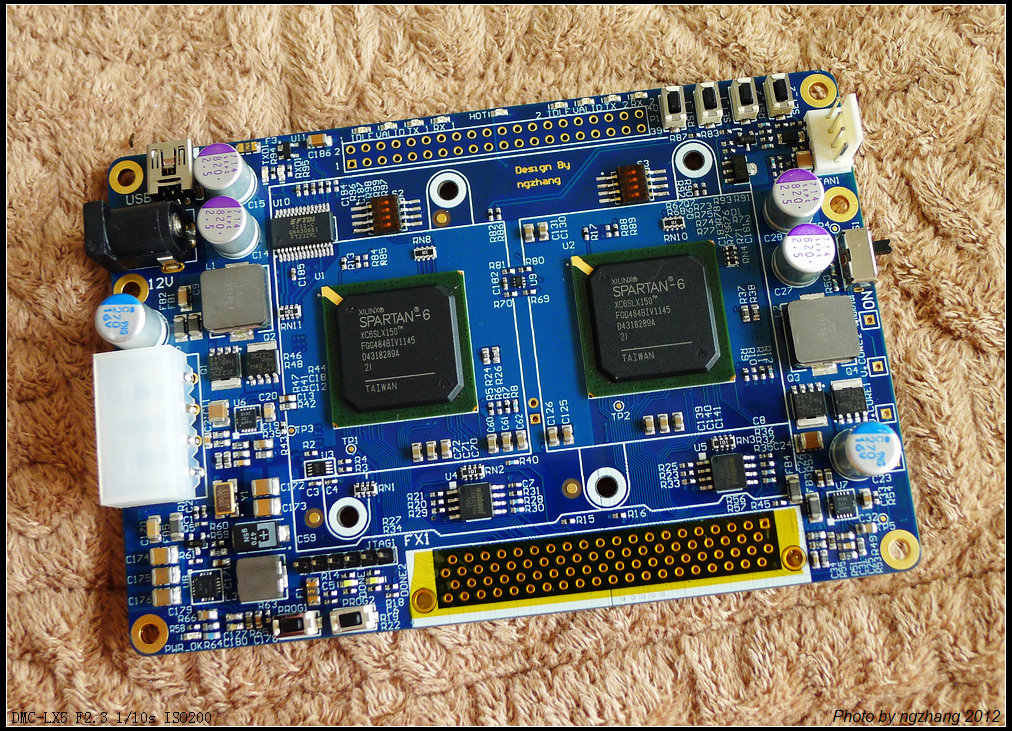bitcoin mining
To form a distributed timestamp server as a peer-to-peer network, bitcoin uses a proof-of-work system.The work in this system is what is often referred to as bitcoin mining. The signature is discovered rather than provided by knowledge.This process is energy intensive. Electricity can consume more than 90% of operating costs for miners. A data center in China, planned mostly for bitcoin mining, is expected to require up to 135 MW of power.
The rule of requiring a proof-of-work to provide the signature for the blockchain was Satoshi Nakamoto's key innovation. The mining process involves identifying a block that when hashed twice with SHA-256, yields a number smaller than the given difficulty target. While the average work required increases in inverse proportion to the difficulty target, a hash can always be verified by executing a single round of double SHA-256.
For the bitcoin timestamp network, a valid "proof-of-work" is found by incrementing a nonce until a value is found that gives the block's hash the required number of leading zero bits. Once the hashing has produced a valid result, the block cannot be changed without redoing the work. As later blocks are chained after it, the work to change the block would include redoing the work for each subsequent block.

Majority consensus in bitcoin is represented by the longest chain, which required the greatest amount of effort to produce. If a majority of computing power is controlled by honest nodes, the honest chain will grow fastest and outpace any competing chains. To modify a past block, an attacker would have to redo the proof-of-work of that block and all blocks after it and then surpass the work of the honest nodes. The probability of a slower attacker catching up diminishes exponentially as subsequent blocks are added.

To compensate for increasing hardware speed and varying interest in running nodes over time, the difficulty of finding a valid hash is adjusted roughly every two weeks. If blocks are generated too quickly, the difficulty increases and more hashes are required to make a block and to generate new bitcoins.

Excellent comment, I really like your work. I think it is very objective in the analysis and in what you want to convey. Thank you for sharing your knowledge with us.
Congratulations @umarkhan81! You have completed some achievement on Steemit and have been rewarded with new badge(s) :
Click on any badge to view your own Board of Honor on SteemitBoard.
For more information about SteemitBoard, click here
If you no longer want to receive notifications, reply to this comment with the word
STOP